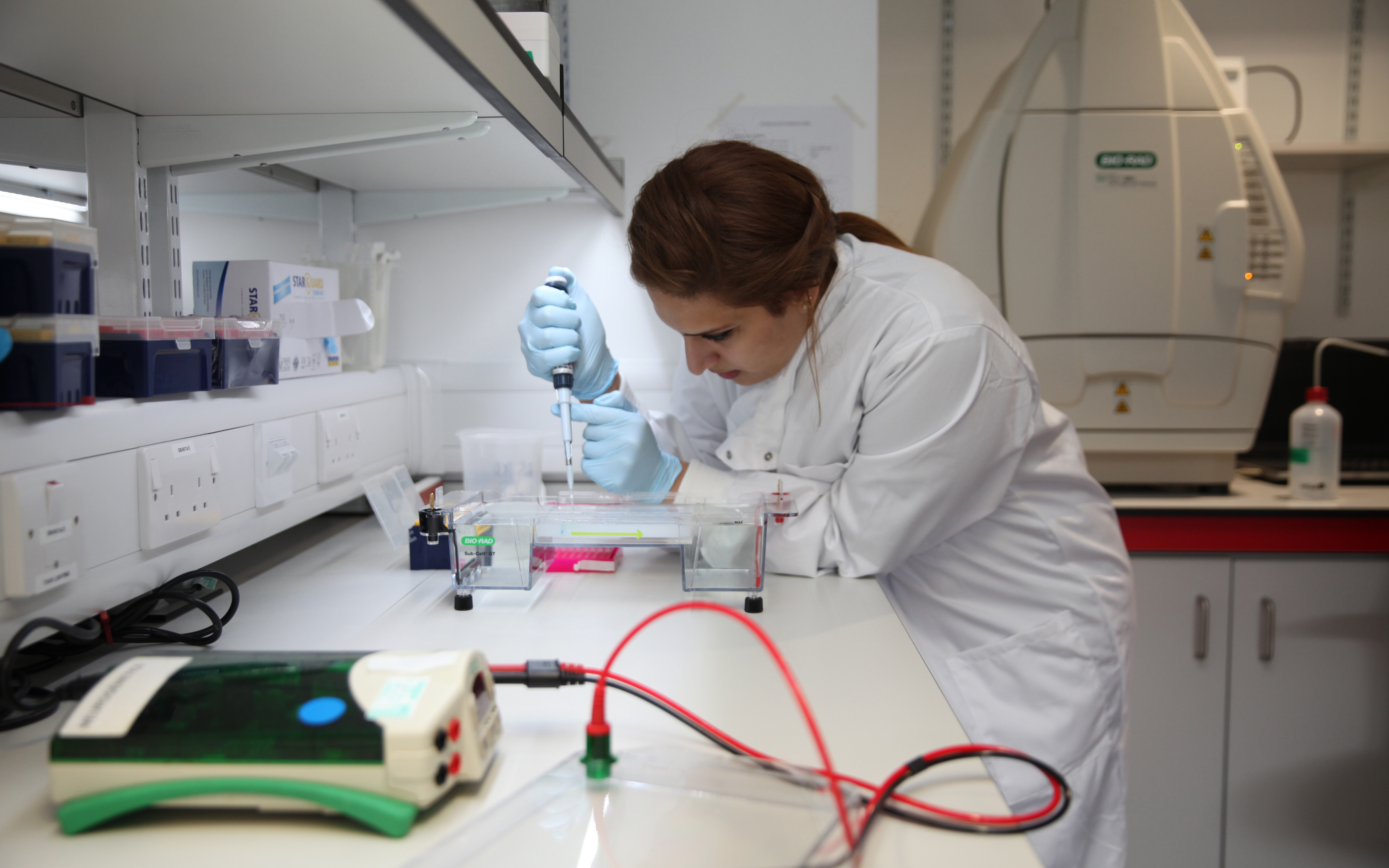
Sigrid Rausing Trust extends its support for neurodegenerative disease research at UCL
SRT has granted a further £5 million gift to The UCL Queen Square Institute of Neurology for the Neurogenetic Therapies Programme (NgTP), where researchers are working to advance treatments for neurodegenerative and dementia-causing diseases. In 2019, an initial gift of £5 million by the Trust established the programme under the leadership of Professor Nick Fox.
UCL have stated that the funding will enable the continued contribution of the programme to a field that has been revolutionised over the last five years, with increasing translation of gene-based research into patient treatments for a range of diseases, and the regulatory approval of the first disease-modifying therapies for Alzheimer’s disease in both the UK and US.
“The rate at which gene-based therapies have developed over the last 5 years reinforces the immense promise they hold for patients and their families,” added Professor Fox.
So far, the programme has supported several innovative projects, with some yielding ground-breaking results. Notably, in 2023, a world-first clinical trial reported “very promising” results for a new drug designed to “silence” the gene responsible for producing tau – a protein which can form abnormal “tangles” thought to cause Alzheimer’s. The drug, BIIB080 (IONIS-MAPTRx), is the first to significantly reduce tau levels, marking a critical milestone in Alzheimer’s research. This trial also represents the first use of a ‘gene silencing’ approach in dementia and Alzheimer’s treatment, offering new hope for future therapies.
UCL also noted that the programme has identified pinch points in the delivery of early phase clinical trials to inform a sustainable improvement in capacity. This has been a major factor in the UK Government’s decision to provide £49.9 million in new funding for a UK-wide network for dementia clinical trials led by Professor Cath Mummery of the UCL Queen Square Institute of Neurology.
Sigrid Rausing, Founder and Chair of the Trust, concluded; “The sheer complexity of genetic research for neuro-degenerative conditions – both in terms of identifying causation and in terms of inventing therapeutic remedies and finding a way to convey them to the brain – means that ideas first posited years or even decades ago are only now beginning to give results. It’s a privilege to be part of a genuinely revolutionary approach to dementia, one which is collaborative, and, importantly, as concerned with humane care and patient experience as it is with pure science and medicine. Nick Fox and his team at UCL have built an extraordinary model for medical research, valuing cooperation, compassion, and outstanding science equally.”
Neurological diseases remain amongst the most urgent healthcare challenges, with dementia alone responsible for more deaths in the UK than any other cause between 2012 and 2021.
Return to grantee stories
